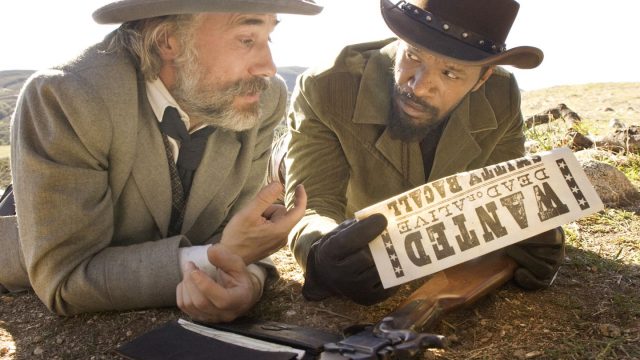From Son of Griff:
What distinguishes the Solute from other fan sustained cultural sites is that the majority of its contributors subscribe to the somewhat old-fashioned notion that we should interpret films, books, pieces of music and other media by what they try to do instead of pontificating about what they should do. Subsequently we celebrate movies and other media through the enjoyment we receive through how they engage our tastes. In our recent retrospective list of the last decade’s top films (and the Current Women’s Canon+ series), we passionately described our singular cultural fixations with a combination of gusto and critical scrutiny. We like what a specific cultural artifact does, and we then try to understand how it provides a sense of enjoyment.
Sometimes, however, one’s ability to appreciate a piece of popular culture on its terms is inhibited by personal experience. A traumatic event, or a tenet in the lifestyle in which one of us was brought up (or later adopted on his or her own) estranges the work from the critic, creating a void that a mere formalist reading can’t bridge. Occasionally, professional training in a field outside of the arts interferes with one’s ability to fully appreciate a piece’s artistic intent because the artifact represents the subject matter in such a way that feels fundamentally wrong.
My professional expertise utterly frustrates my ability to enjoy the formal, and even subversive, charms, of Django Unchained. In some circles I am considered a bona fide authority on Western films produced for African American audiences. I can regale you fair readers to the point of suicidal boredom on how certain films of this caliber were produced and how their distribution contributed to the birth of a black film consciousness. I’ve published articles on said subject in professional journals and books studded with copious footnotes pertaining to primary sources culled from the vaults of library archives.
So it became abundantly clear to me that when I first read a leaked copy of the script that writer/director Quentin Tarantino’s vision would not align with my own opinions. I’ve watched the film four times since its release and cannot overcome a feeling of ironic detachment from its delirious mayhem and joi de vivre. Consequently, I have been more reserved in commenting on the film when it comes up for discussion here and on other sites, as I feel that my issues with the movie derive from a conflict that I don’t share with other movies that I respond to on a less specialized level.
What movies switch the modes of your normal frame of critical evaluation? Which films or other media create a personal or professional barrier for you that overcomes the ability to engage with them on terms of mere aesthetic appreciation, or just sheer enjoyment? Feel free to elaborate on your choices, using whatever mode you think best explains your iconoclastic position on said works.

